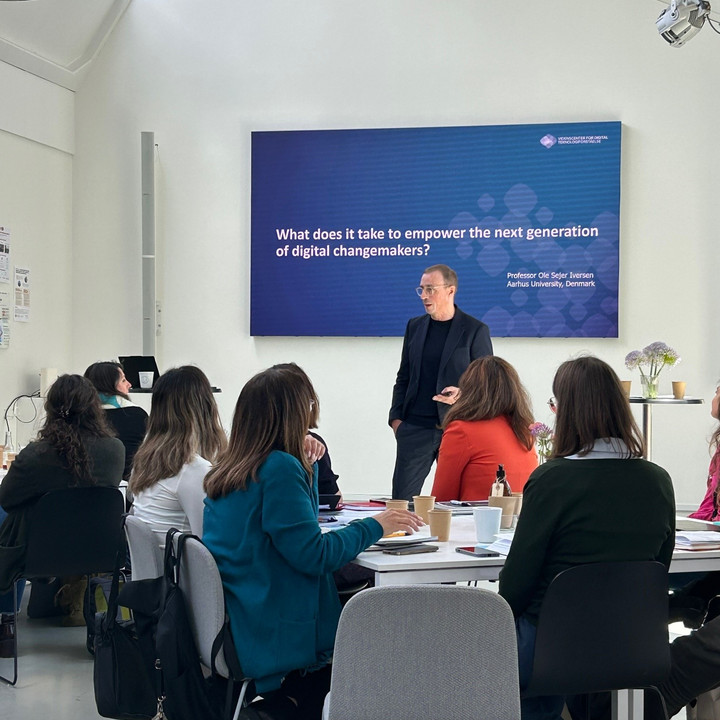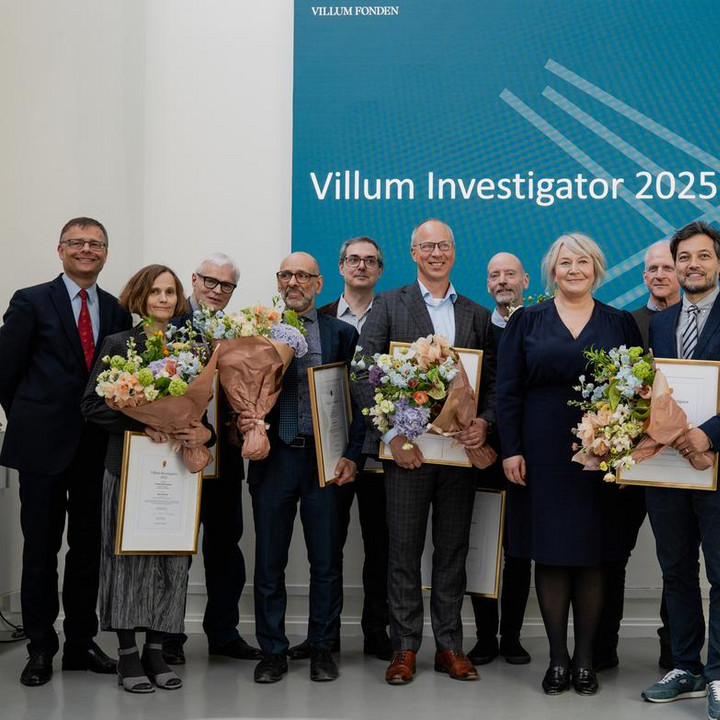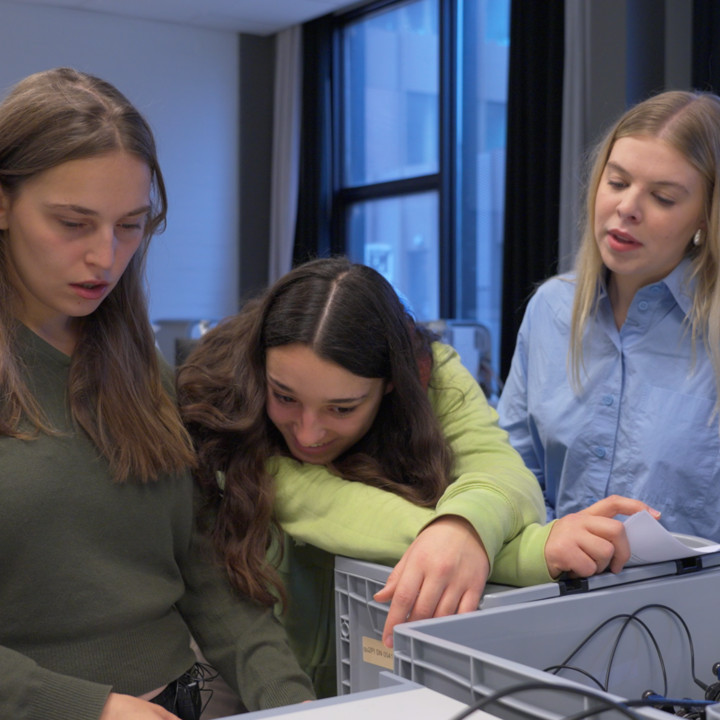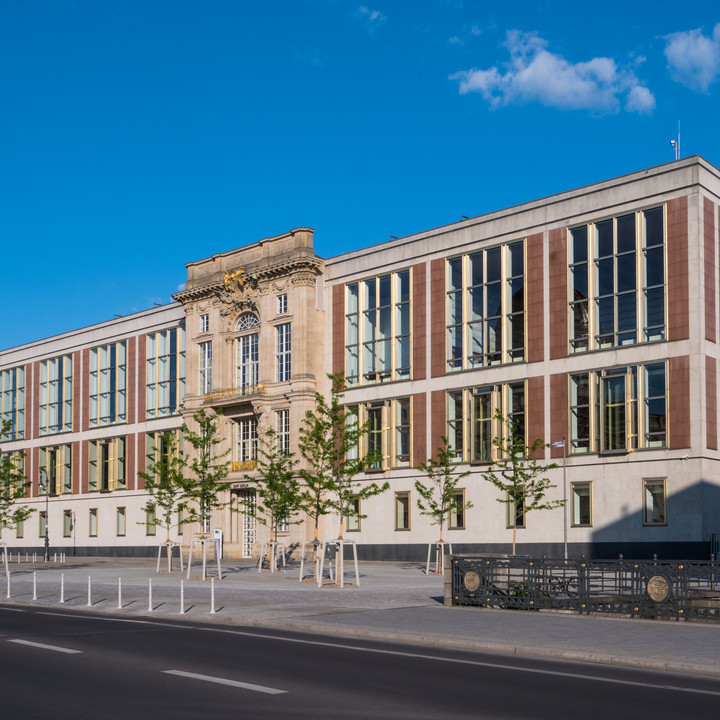DKK 10.5 million for projects focusing on the true state of the marine environment
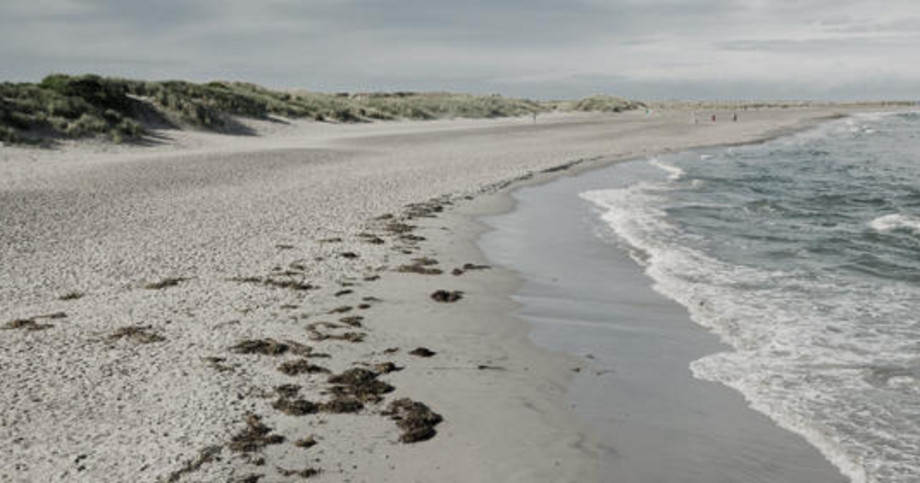
08.16.2017
VILLUM FONDEN and VELUX FONDEN have granted DKK 10.5 million for five new projects focusing on the balance of the marine ecosystem. All five projects gather and combine existing knowledge about the marine environment - across research disciplines and stakeholders and across diverse interests.
A national map of the Danish sea forests. An overall plan of the sea. An overview of coastal zone turnover from sale of wastewater. Overall knowledge about different types of micro-plastic and the impact on the marine environment. A better understanding of how storms affect coasts.
These are the headlines of five so-called synthesis projects that received a donation of DKK 10.5 million from VILLUM FONDEN and VELUX FONDEN.
A common feature of the projects is that they are short-term (1-year) projects that aim to gather and combine existing evidence and data about the state of the marine environment across research disciplines and stakeholders and across diverse interests such as environmental conditions, nature restoration and conservation of natural capital and also socioeconomic and commercial interests.
Professor Lars B. Clemmensen, University of Copenhagen, Geology
Donation: DKK 2 million
Due to climate changes, storms will increase in both strength and frequency. This will increase the impact on the Danish coasts and coastal seas.
The project will use existing data to increase the understanding of the effect of storms on two different types of coast (barrier/lagoon at Rødstrand on Lolland as well as on the coastline at Gilleleje in North Zealand). The new knowledge will be used in a model to better predict the effect of storms on shallow water areas.
The project is a collaboration between researchers at the University of Copenhagen, GEUS and Aarhus University.
Professor Marianne Holmer, Head of Department, Department of Biology, University of Southern Denmark
Donation: DKK 2 million
Sea forests represent an important element in carbon sequestration, as they store far more carbon per hectare than forests on land. This makes it possible to include sea forests in the national carbon accounts.
The project will use existing map data, environmental monitoring data and sedimentation data to create a national map with an overview of the existing propagation of eelgrass, kelp forests and salt marshland, which constitutes the Danish sea forests. A map will also be created to show the potential for the prevalence of the sea forests. The maps will be used for recommendations for administration as well for economic valuation of the sea forests.
The project is a collaboration between researchers at the University of Southern Denmark, Aarhus University, GEUS and DTU Aqua.
Professor Bo Riemann, Department of Bioscience, Aarhus University
Donation: DKK 2.5 million
The project 'Havplan Øresund' will create a model for sustainable development of the marine environment in Øresund, which includes both environment, industry, economy, job creation and welfare. The model will be based on an ecosystem-based approach.
The plan is being developed in collaboration with authorities and other administrators of the sea areas, commercial interests and NGOs. It will incorporate knowledge and data from existing sources. This will highlight the economic and social conditions and consequences of the utilisation of the coastal and seas area of Øresund.
The many layers of data and knowledge of the area have not previously been collected and analysed to assess synergies, conflicts and scenarios for future development in the region. Thus, the project will be the first example of a plan for the Danish marine areas.
The project is a collaboration between researchers from Aarhus University, University of Copenhagen, GEUS, DTU Aqua and Niva Denmark.
Professor Jacob Carstensen, Department of Bioscience, Aarhus University
Donation: DKK 2 million
Emissions of nutrients from land make up 70% of discharges into the marine environment. Most readings of the marine environment have been carried out on deep water, and therefore there is a lack of knowledge and understanding of how the coastal zone is affected by the nutrient discharges.
Based on new and existing marine environment data, the project will develop models for the coastal zone's turnover for nutrients from land. The models will contribute to recommendations for better administration of the coastal zone.
The project is a collaboration between researchers at Aarhus University, GEUS and the University of Copenhagen.
Senior Researcher Jakob Strand, Department of Bioscience, Aarhus University
Donation: DKK 2 million
There is a lack of an overall knowledge about sources, occurrences and environmental impacts connected to different types of (micro) plastic in the sea as well as relevant analytical methods. Increased knowledge of these conditions will contribute to more focused research, technology development and administration.
The project will continue with existing knowledge about micro-plastic in the Danish sea and focus on the difference between micro-plastic types to identify the most environmentally harmful types as well as their occurrence in the marine environment.
The project is a collaboration between researchers at Aarhus University, DTU Aqua, University of Copenhagen, GEUS and Aalborg University.
The projects are expected to be completed during the fall of 2018.
What we have done so farVILLUM FONDEN and VELUX FONDEN aim to contribute to a solid knowledge base, that will provide better possibilities to strengthen the balance between use and conservation of marine resources.
Do you have an idea for a project that can improve the Danish marine environment? We are curious and open to new ideas, so please contact us.
For inspiration, we invited 70 researchers and advisers on the marine environment in the spring of 2017 to a workshop to clarify where and how it is possible to gather existing knowledge and analysis of the ocean across research fields and interests.
This resulted in several concrete ideas for projects. The ideas developed into applications, and now we have granted DKK 10.5 million for the projects. The projects are five exciting cross-disciplinary projects that can help collect the pieces of the big sea puzzle.
Read more about our support for the Danish marine environment
